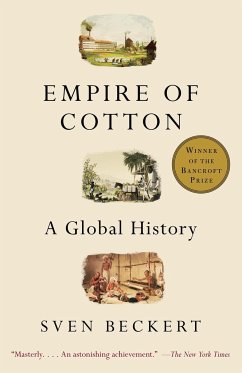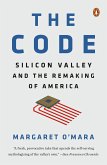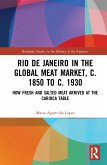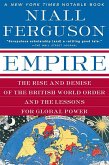WINNER OF THE BANCROFT PRIZE PULITZER PRIZE FINALIST Winner of the Alfred and Fay Chandler Book Award The empire of cotton was, from the beginning, a fulcrum of constant global struggle between slaves and planters, merchants and statesmen, workers and factory owners. Sven Beckert makes clear how these forces ushered in the world of modern capitalism, including the vast wealth and disturbing inequalities that are with us today. In a remarkably brief period, European entrepreneurs and powerful politicians recast the world's most significant manufacturing industry, combining imperial expansion and slave labor with new machines and wage workers to make and remake global capitalism. The result is a book as unsettling as it is enlightening: a book that brilliantly weaves together the story of cotton with how the present global world came to exist.
A masterpiece of the historian's craft: combining a global scope with concern for the nuances of individual experience, Beckert tracks the fortunes of a single commodity, cotton, across six continents and thousands of years. That sweeping project is driven by the attempt to unravel the causes and consequences of one overarching puzzle: "why, after many millennia of slow economic growth, a few strands of humanity in the late eighteenth century suddenly got much richer." On the way to his answer, Beckert uncovers a history he claims "provides the key to understanding the modern world." . . . The belief that discovering the origins of economic growth might unlock modernity's secrets raises questions that are even more tantalizing Timothy Shenk The Nation








